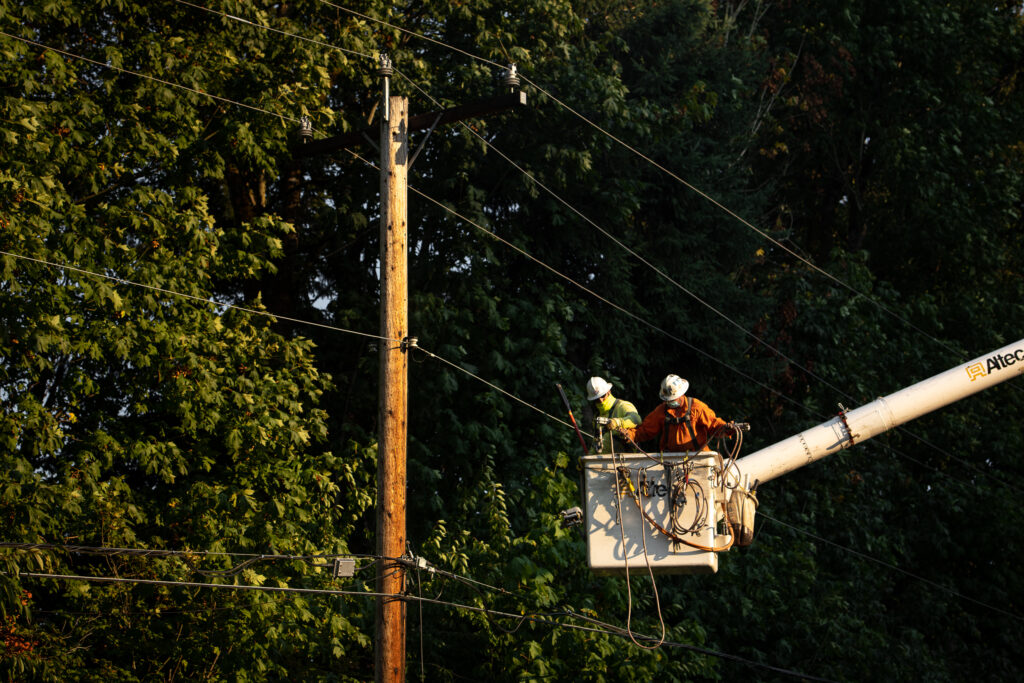
At Puget Sound Energy, we take safety very seriously. Being prepared for any type of emergency is a top priority, so when unexpected events occur, you know what to do to keep you and your loved ones safe.
Here are some tips on what you can do to stay safe:
Natural Gas Leaks
If you suspect that your home or business has a natural gas leak, you need to act quickly.
In its natural state, natural gas is odorless, tasteless and non-toxic. However, because it’s also flammable, PSE adds a distinctive sulfur or “rotten egg” smell to the gas that’s delivered to your home or business. If you smell it, get out!
You may also be able to see or hear signs of a gas leak, which include:
- Bubbles rising in a puddle, or other pool of liquid
- Dust or dirt blowing from a hole in the ground
- Dead or dying vegetation in unexpected locations
- Hissing (small perforation) or roaring (large break)
If you come across a gas leak, leave the area immediately. If you are indoors, evacuate the building. Avoid anything that can cause a spark and call 911 or PSE at 1-888-225-5773.
Downed Power Lines
If you come across a downed utility wire of any kind, remember to always stay at least 30 feet away and do the following:
- Assume the wire is energized and stay as far away as you can
- Call 911 or the utility serving the location
- Do not drive over downed power lines
- Stay in your car
- If you must evacuate your car, jump away and land with both feet together
- Shuffle away to safety
Carbon Monoxide Safety
When you use any fuel-burning appliance without enough oxygen, such as a natural gas furnace, it can create an odorless, tasteless, colorless, toxic gas known as carbon monoxide.
The only way to really know if you have dangerous levels of toxic gas in your home is with a carbon monoxide detector. These alarms can alert you when the amount of CO in your home is approaching dangerous levels.
To limit exposure to carbon monoxide:
- Make sure that natural gas appliances are maintained and operated according to manufacturer recommendations
- Never operate a gas grill or generator indoors
- Don’t open the door of a gas oven to heat your home
Learn more about safely operating your generator during an outage, clearing a blocked sewer and more by visiting PSE.com.






